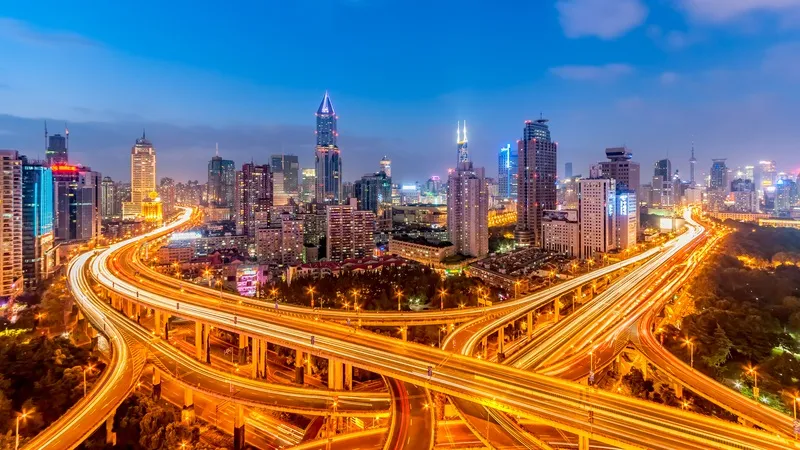Miovision, US-based supplier of intelligent traffic solutions is to supply the Indiana Department of Transportation (INDOT) has purchased Miovision’s Scout video collection units (VCU) to standardise and automate their traffic data collection for state transportation projects. Indiana’s transportation agencies are responsible for the planning, building, maintenance and operation of the state’s transportation system that serves 6.5 million residents. In the past, INDOT used manual data collection methods or
January 8, 2013
Read time: 2 mins
Indiana’s transportation agencies are responsible for the planning, building, maintenance and operation of the state’s transportation system that serves 6.5 million residents. In the past, INDOT used manual data collection methods or road tubes to capture traffic data for various traffic studies and applications. However, capturing accurate traffic data with road tubes was difficult for congested roads or ramps. INDOT needed a solution that would allow them to collect accurate and reliable traffic data in locations and conditions where traditional manual methods were ineffective.
Miovision claims that implementing the Miovision Scout VCU will help INDOT to collect accurate traffic data, automatically and safely, while reducing operational overhead and time costs. These cost savings are passed on to Indiana taxpayers; the state can now collect more traffic data for transportation projects that reduce congestion, travel time, emissions and fuel expenses, at less cost.
The company says that INDOT will additionally benefit from administrative efficiencies, as the entire state will be standardised on the online Miovision traffic data management portal to access and share traffic data reports and video files for managing transportation projects. By adopting automated traffic data collection technology, INDOT can now readily complete twelve and twenty-four hour traffic turning movement counts, decreasing their reliance on external traffic consultants to perform intersection balancing and factoring for two, six and ten-hour traffic studies.









